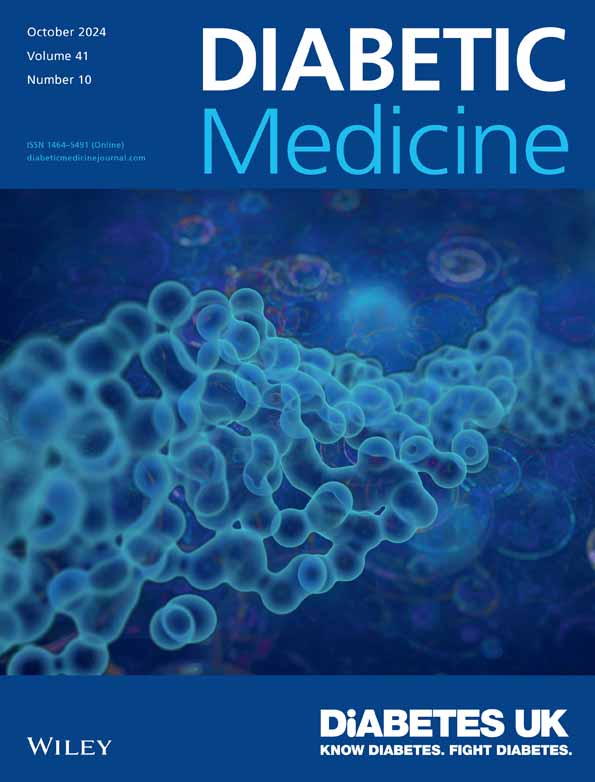Pathophysiology of vascular ageing and the effect of novel cardio-renal protective medications in preventing progression of chronic kidney disease in people living with diabetes
Abstract
Aim
Among people with diabetes those with chronic kidney disease (CKD) have a reduced life expectancy with increased risk of cardiovascular disease (CVD) a major contributor to morbidity and mortality. CKD related to diabetes is growing worldwide and is one of the leading causes of kidney failure globally. Diabetes is associated with accelerated vascular ageing and the related mechanisms and mediators that drive the progression of CKD and CVD disease in people with diabetes may help provide insights into the pathophysiology of cardio-renal complications and guide treatment interventions in people with diabetes.
Methods
We conducted a narrative review of the literature using PubMed for English language articles that contained keywords that related to diabetes, chronic or diabetic kidney disease, ageing, cellular senescence, arterial stiffness, Klotho and sirtuins, sodium-glucose co-transporter-2 (SGLT-2) inhibitors, renin angiotensin aldosterone system (RAAS) and glucagon-like peptide-1 (GLP-1) receptor agonists.
Results
Progressive kidney disease in diabetes is associated with accelerated ageing driven in part by multiple processes such as cellular senescence, inflammation, oxidative stress and circulating uremic toxins. This accelerated ageing phenotype contributes to increased arterial stiffness, endothelial dysfunction, cognitive decline and muscle wasting, thereby elevating morbidity and mortality in individuals with diabetes and CKD. Deficiency of the kidney-derived anti-ageing hormone Klotho and reduced sirtuin levels play pivotal roles in these ageing pathways. Dietary, lifestyle and pharmacological interventions targeting vascular ageing may help reduce the progression of CKD and associated CVD in people with diabetes. The current standard of care and pillars of treatment for kidney disease such as RAAS inhibitors, SGLT-2 inhibitors and GLP-1 receptor agonists all influence pathways involved in vascular ageing.
Conclusions
A multifactorial intervention to prevent the development of CKD by targeting traditional risk factors as well as treatment with novel agents with cardio-renal beneficial effects can prevent accelerated ageing and extend lifespan in people with diabetes.


 求助内容:
求助内容: 应助结果提醒方式:
应助结果提醒方式:


